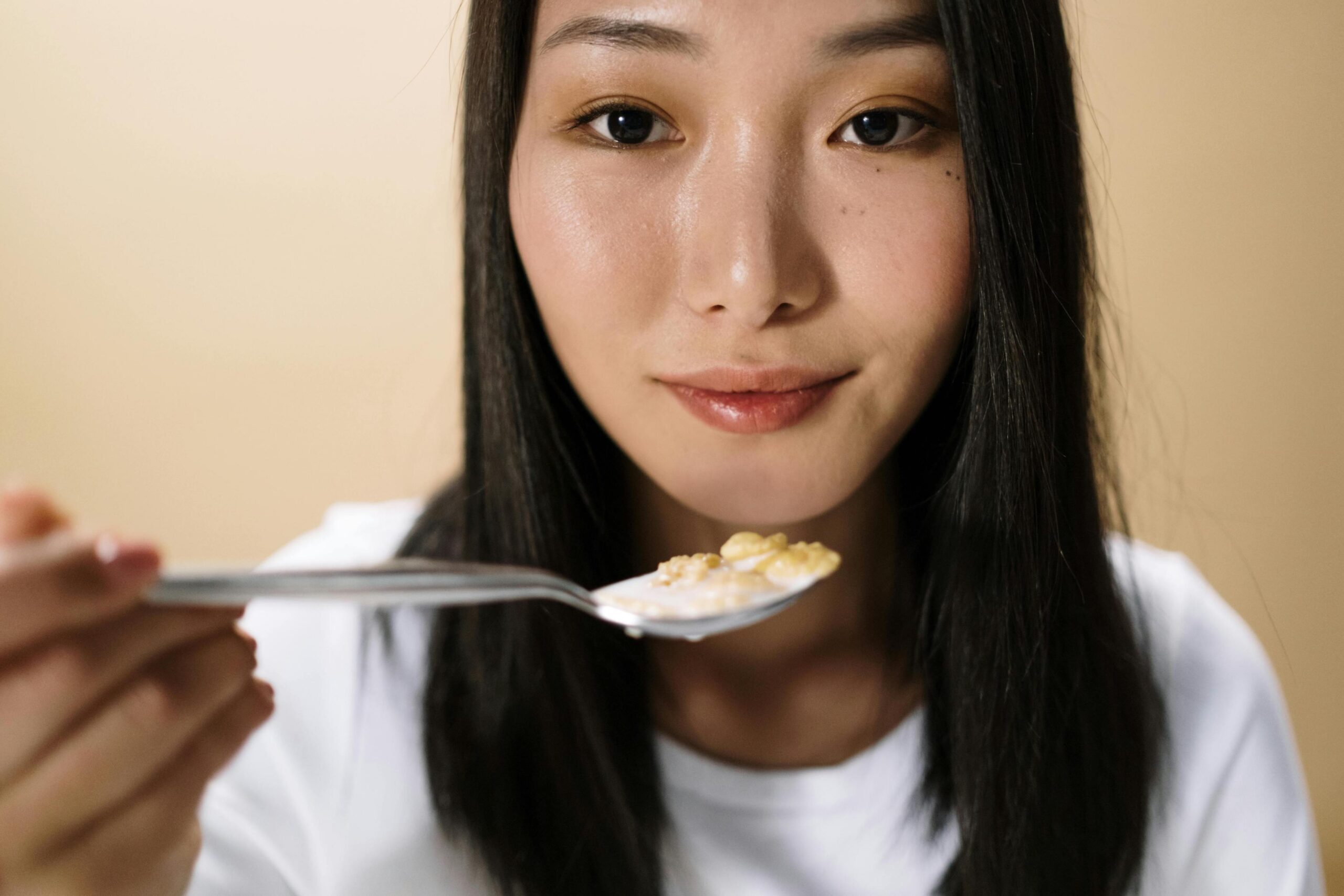
26 Feb Eating Disorders and Your Fertility
Can You Get Pregnant With an Eating Disorder?
There’s never been a time in history when women experience more pressure to achieve a physical ideal. Societal pressure to achieve a physical ideal exists before pregnancy, during pregnancy, and postpartum. There is hardly a phase in a woman’s life that the pressure is not felt. As a result, many women suffer from eating disorders.
Major eating disorders include Anorexia Nervosa, Bulimia Nervosa, and Binge Eating Disorders. Anorexia Nervosa is the deadliest disordered eating because it means severe food restriction, often accompanied by extreme exercise and other purging behaviors. Bulimia is defined as eating then purging, usually by vomiting, over-exercise, and the use of diet pills and laxatives. Binge Eating is excessive food consumption in a 2 hour period, often followed by feelings of guilt and shame. Binge eaters are often overweight or obese.
There are many other “unofficial” eating disorders as well:
- Compulsive overeating (over-eating all day, leading to obesity)
- Prader Willi Syndrome (inherited genetic disease leading to insatiable hunger)
- Diabulimia (a diabetic person who uses prescription insulin to induce weight loss)
- Orthorexia Nervosa (a person who is obsessed with planning the perfect diet)
- Selective Eating Disorder (a picky eater who is selective to a debilitating level)
- Drunkorexia (a person who restricts food and/or purges to save calories for alcohol; the eating disorder often coexists with alcoholism)
- Muscle dysmorphia (obsession with musculature and physique)
Many of these eating disorders lead to an unhealthy weight, poor nutrition and very low or excessive body fat. These factors upset the endocrine system, which is the body system that regulates reproduction; the ability to get pregnant and sustain a pregnancy. When the body thinks there is food scarcity or experiences a rise in stress hormones, then the body shuts down the ability to conceive, as the messaging is that “it’s not a good time to be pregnant.” This is why many women with eating disorders experience irregular menstrual cycles or amenorrhea (absence of a menstruation).
Can You Get Pregnant If You’ve Recovered from an Eating Disorder?
Women with a history of eating disorders can struggle with getting pregnant and having healthy pregnancies, even after years of recovery. But, with medical and therapeutic support, many women go on to have healthy pregnancies and build successful families together with their partners. This is why it’s important to be open and honest with your provider about your medical history. Your provider may recommend a prescription medicine to stimulate ovulation, especially if it’s been 12 months or more that you’ve been trying to conceive. Your provider might also recommend support groups or therapy to encourage you through a time that can be potentially triggering.
Sometimes, getting pregnant after recovering from an eating disorder is half the battle. Re-emerging body issues during pregnancy and in the postpartum period can bring up old feelings and unhealthy behaviors. If you think you might need help, or just need someone to talk to: call, text, or chat the National Eating Disorders Association (NEDA). Click here to learn more about healthy weight management in Mommyato.
REFERENCES:
- Centers for Disease Control (CDC). March 2022. Infertility faqs. https://www.cdc.gov/reproductivehealth/Infertility/
- National Library of Medicine (NIH). December 2020. Fertility and reproduction after recovery from anorexia nervosa: a systematic review and meta-analysis of long-term follow-up studies
https://www.ncbi.nlm.nih.gov/pmc/articles/PMC7768504/ - Photo by cottonbro studio: A Woman Eating Cereal. https://www.pexels.com/photo/a-woman-eating-cereal-6150652/



